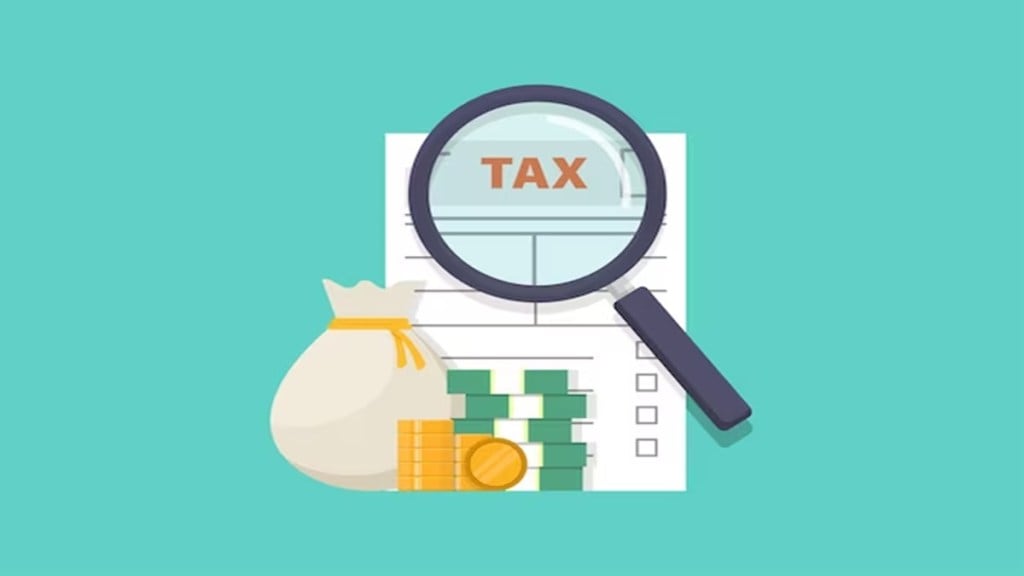The interim Budget for 2024-25 has assumed gross tax collections (GTR) to grow 11.5% on year to Rs 38.2 trillion in FY25 from the FY24 revised estimate (RE) of Rs 34.4 trillion, driven primarily by a sharp growth in direct tax mop-up. This is higher than the 10% growth assumed in the Budget estimate for FY24, but is lower than the 12.5% seen in the RE for the year.
The projected GTR mop-up growth in FY25 implies a tax buoyancy of 1.1 in the next financial year, given the 10.5% nominal GDP growth estimate. The buoyancy in FY24 at 1.4 is the second-highest in the last seven financial years.
Finance secretary TV Somanathan said the tax receipts target for the next financial year is realistic, even not slightly conservative. Corporate tax (CIT) and personal income tax (PIT) collections are projected to grow 13% and 13.1%, respectively, in FY25, to Rs 10.4 trillion and Rs 11.6 trillion. Customs and excise mop-ups are seen growing 5.8% and 5% to Rs 2.3 trillion and Rs 3.2 trillion, respectively, in the next year.
The central goods and services tax (CGST) growth is pegged at 13.1% to Rs 9.2 trillion for FY25. The RE has projected CIT and PIT growth at 11.7% and 22.7%, respectively, for FY24; while customs and excise is seen growing at 2.5% and (-)4.8%.
The PIT growth in the current year is expected to grow substantially higher than 8.1% pegged in the Budget estimate (BE), largely because of increased taxpayer compliance. This allowed a record-high PIT buoyancy of 2.6 in FY24.
“The substantial rise in personal income tax collections is notable and indicates a robust and increasingly compliance-based tax system, generating a direct tax-to-GDP ratio of well over 6%,” said PWC’s Akhilesh Ranjan, former member, Central Board of Direct Taxes.
On the excise front, experts say the 5% growth assumption in the FY25BE is due to an expected higher consumption of petroleum products in the coming year. The Petroleum Planning and Analysis Cell (PPAC) has projected a modest 3% growth in demand for refined oil products in the upcoming fiscal.
Meanwhile, the interim Budget didn’t make any announcement on the implementation of the Base Erosion Profit Shifting (BEPS) Pillar 2 tax package, which was an expectation of industry, given several Organisation for Economic Co-operation and Development’s (OECD) nations have implemented these rules. Pillar 2 aims to ensure that large multinationals pay a minimum 15% tax in each country where it operates.
Vijay Gilda, partner – tax, BDO India, said, “With no such announcement, Indian multinationals will have to wait and watch if any announcement is made by the new government in its first Budget and evaluate the impact of the same on them.”
The interim Bugdet also didn’t extend the sunset date for availing the 15% minimum CIT by companies who set up new manufacturing units from March 31. This means, unless the full Budget in July extends the sunset date, new units will have to pay the CIT of 22%.
“Companies who have already committed to the investments will work towards completing the projects with a hope of getting extension on reduced rate in full budget. However, the uncertainty due to non-extension will result into re-thinking around fresh investments,” said Raju Kumar, tax partner, EY India.


